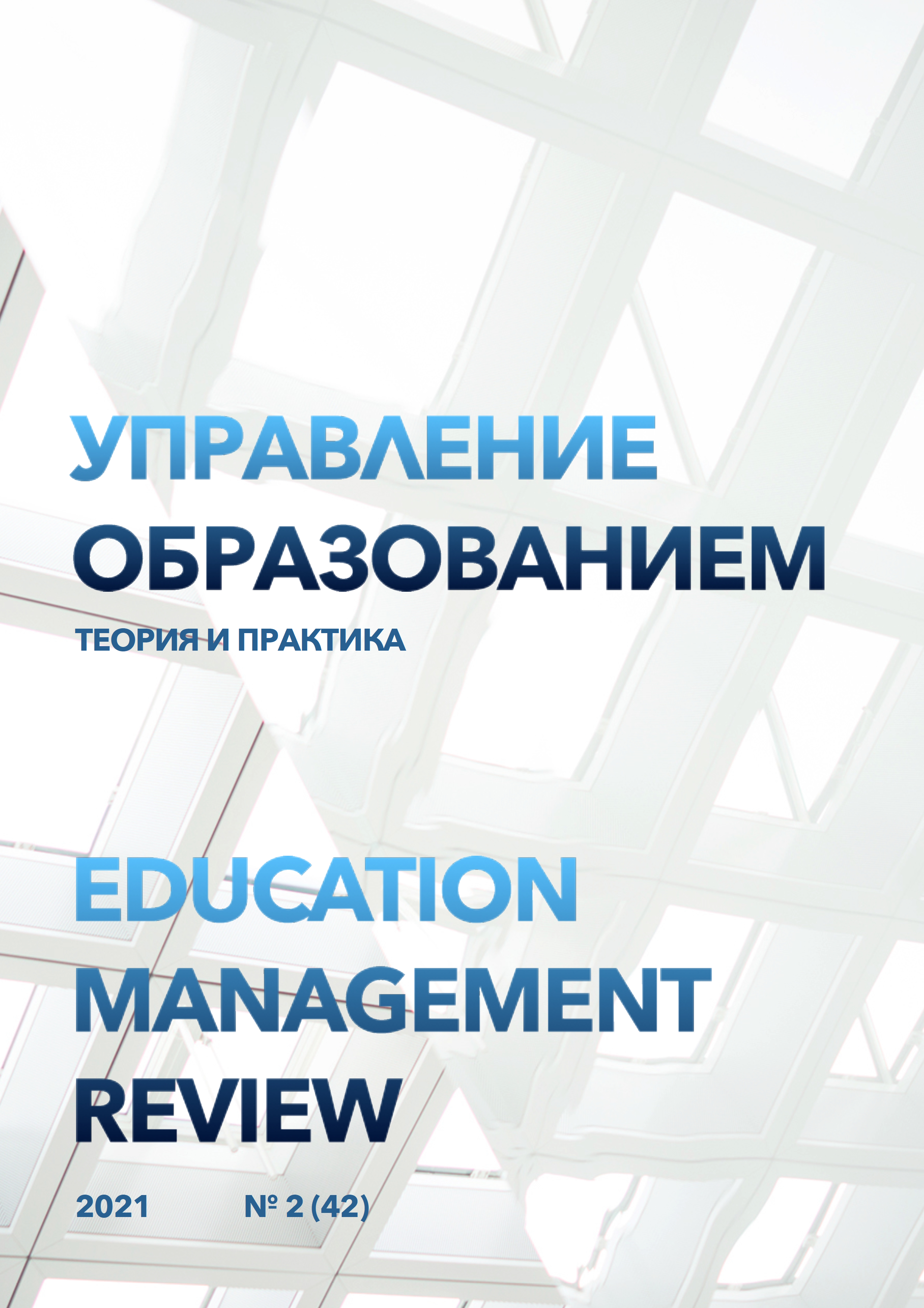Development of music education in China and Russia
DOI:
https://doi.org/10.25726/i1791-4215-8464-zKeywords:
music culture; music education; education system; music pedagogy; ethical impact of music; music philosophy; music art; music education in China; music education in Russia.Abstract
The article reveals the cultural and philosophical prerequisites for the development of music education in China in the twentieth century. Based on the analysis of scientific and pedagogical sources, it is proved that the development of music education was influenced by the traditional ideas of ancient Chinese philosophical thought, where great attention was paid to the harmonious education of a person in unity with nature and society, including by means of music education. It is found that since the beginning of the twentieth century, the art of music has occupied an important place in the humanities of China, playing an important role in the education of children and young people in the system of school, extracurricular and extracurricular education. Materials and methods. Based on the analysis of state programs and standards for secondary school students approved by the Ministry of Education of China, it was found that the purpose of music education was to create an aesthetic basis for personal development, education of students ' spiritual qualities and sensitivity to the positive influence of musical art. Results. The main form of school education was choral and vocal singing. In extracurricular activities, the emphasis was placed on the development of creative abilities of students in circles, where they had the opportunity to learn instrumental playing, in particular playing folk musical instruments. Extracurricular music education was the Center of primary professionalization of students as musicians and singers, providing creative self-realization of children in group and mass forms of musical activity.
References
Королева, Т. П. Общее музыкальное образование в Китае: тенденции и перспективы // Инновации в современном музыкально-художественном образовании : материалы II Междунар. научно-практ. конф., г. Екатеринбург, 28-30 окт. 2008 г. Екатеринбург, 2008. С. 275-278
Ван Юйхе. Краткая история современной китайской музыки. Пекин, 1991. С.127
Сунь Цзинань. Летопись китайского музыкального образования в период новой истории 1840–2000 гг. Шаньдун, 2004. –С. 609
Ван Юн И. Китайское музыкальное образование новой эпохи: 1840–1949: сб. док. и материалов. Шанхай, 1999.
Мю Пэйянь. Музыкальное образование в начальных и средних школах. Шанхай, 1996
Цзинь Я Вэнь. Методика музыкального образования, новый курс в начальной школе. - Пекин, 2003. 275 с.
Новикова И.Г. Развитие теории музыкального образования в России // Среднее профессиональное образование. 2014. №2. С. 57-59
Слонимская Р.Н. Развитие музыкального образования в России // Профессиональное образование. 2007. №7. С. 26-27
Гетьман В.В. Музыкальная культура и образование в России XVIII века: профессиональная направленность развития // Вестник Московского государственного университета культуры и искусств. 2010. №6 (38). С. 160-165.
Дьяченко Н., Котляревский И., Полянский Ю. Теоретические основы воспитания и обучения в музыкальных учебных заведениях. Киев, 1987
Малков С.М. Музыкальное образование в России (выбор стратегии развития) // Человек. 2015. №2. С. 180-183.
Рыбакова Е.Л. Развитие музыкального искусства эстрады в современной России: традиции, перспективы исследования. СПб., 2006.
Альтман, Г. С. Музыкальное образование в России и за рубежом: к проблеме этнопедагогических основ музыкального образования / Г. С. Альтман // Грамота. 2017. №4 (08). C. 7-10.




